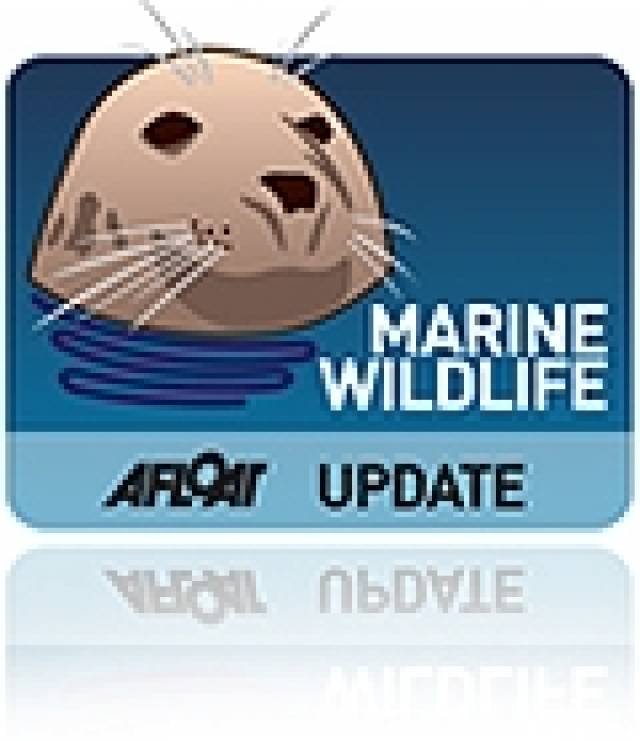The EU should review the materials used in plastic bag manufacture and encourage greater usage of biodegradable carrier bags to prevent further marine environmental damage, according to Jim Higgins MEP, following a vote by the European Parliament on the issue this week.
This week, MEPs backed ambitious targets which will oblige Member States to reduce their use of light plastic bags, first by half, and then up to 80 per cent as compared to the average EU consumption in 2010 within at least 5 years.
This is good news for the marine environment according to MEP Higgins: "60-80 per cent of all marine litter is plastic material, scattered across all the world's oceans. The seabed closest to coastal regions can be most contaminated, especially with debris from carrier bags.
"The sheer volume of plastic waste and its durability is causing havoc for marine life which gets entangled in it or ingests the debris. There is also some evidence to suggest that chemicals from the materials present a toxic hazard for marine life and seawater quality.
"The durability and hard-wearing nature of plastic that makes it so useful also makes it problematic for environmental reasons as it takes so long to degrade. While some initiatives to reduce our reliance on plastic and increase recycling are positive, such as the plastic bag charge and more reusable shopping bags, we need to review the actual materials being used by manufacturers," Mr Higgins continued.
"An in-depth study by the University of Plymouth on the degradation of plastic carrier bags in a realistic marine environment showed that compostable plastic disappeared between 16-24 weeks, whereas 98 per cent of all other plastic remained after 40 weeks. One possible remedy proposed by the scientists behind the study is increasing our use of biodegradable carrier bags."
The Midlands North West MEP highlighted a recent success story in Italy: "Thanks to the use of biodegradable-compostable bags combined with a restriction of other types of bags, Italy has halved its plastic bag consumption since 2011. This is a trend that could apply to the entire EU under the right conditions."
































































